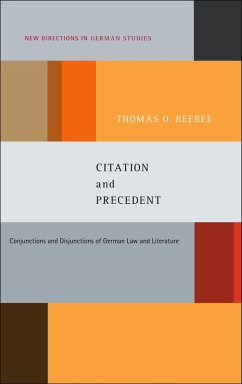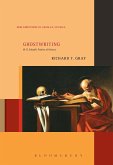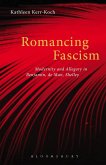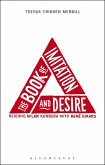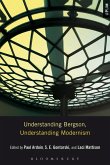Among Western literatures, only the German-speaking countries can boast a list of world-class writers such as Goethe, Hoffmann, Kleist, Kafka, Schmitt, and Schlink who were trained as legal scholars. Yet this list only hints at the complex interactions between German law and literature. It can be supplemented, for example, with the unique interventions of the legal system into literature, ranging from attempts to save literature from the tidal wave of Schund (pulp fiction) in the early twentieth century to audiences suing theaters over the improper production of classics in the twenty-first. The long list of instances where German literature cites law, or where German law serves literature as a precedent, signal the dream of German culture of a unity of interests and objectives between spheres of activity. Yet the very vitality of this dream stems from real historical and social processes that increasingly autonomize and separate these domains from each other.
Beebee examines the history of this dialectical tension through close readings of numerous cases in the modern era, ranging from Grimm to Schmitt.
Beebee examines the history of this dialectical tension through close readings of numerous cases in the modern era, ranging from Grimm to Schmitt.

